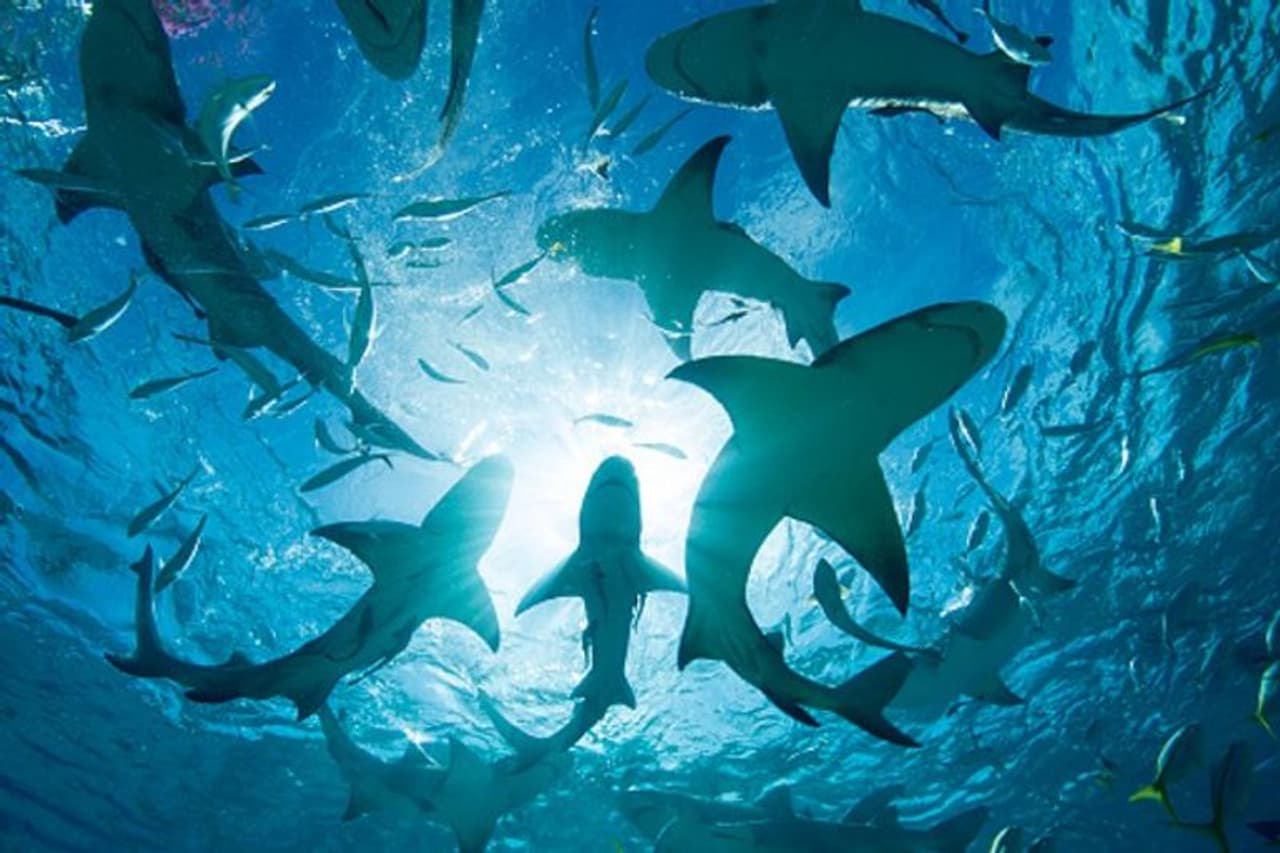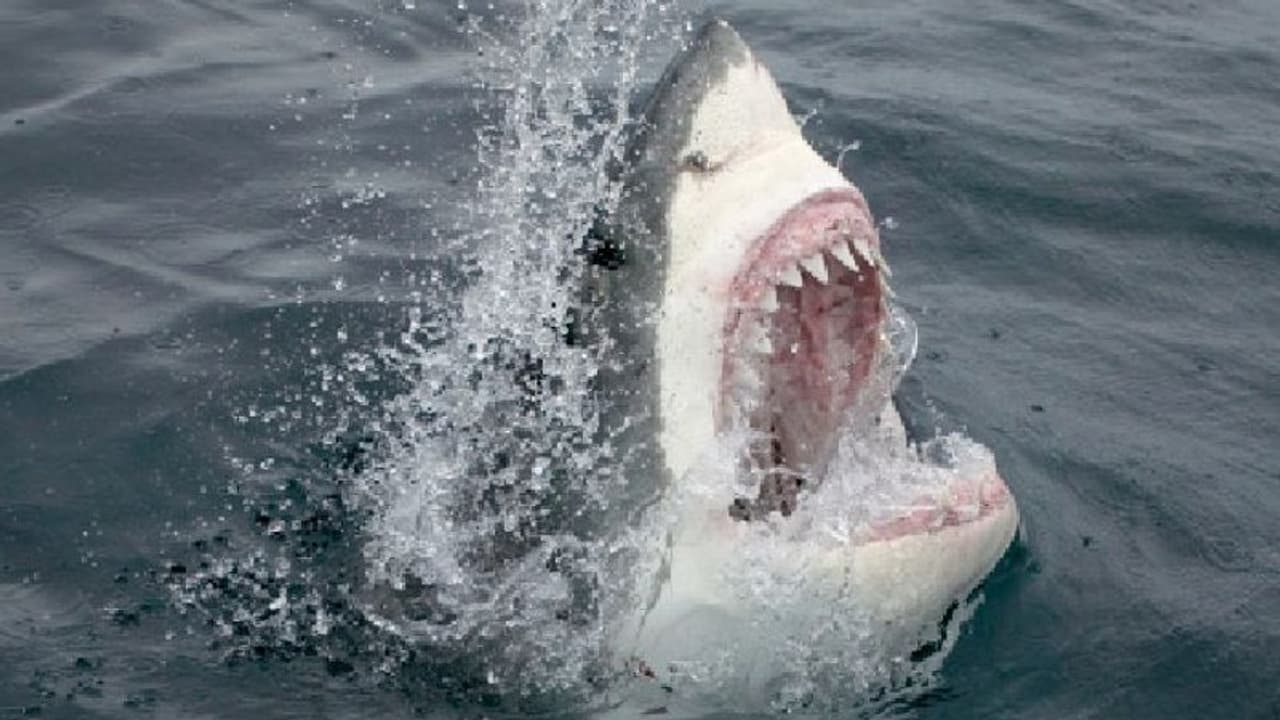Scientists in UK have claimed humans use or trade around a third of the world's wild animals, making them far deadlier than predators like sharks.
Although super predatory behaviour in humans is well known, scientists in the United Kingdom have now given it a numerical value. According to experts, we use almost a third of all wild animals for food, medicine, or as pets, placing nearly half at risk of extinction. The great white shark is a natural predator, yet we are hundreds of times more harmful. And they provide dire warnings about the effects on entire ecosystems.

"The size and scale of what we found surprised us," Dr Rob Cooke of the UK Centre for Ecology and Hydrology in Wallingford, Oxfordshire, told the BBC. "Humans have a breath-taking diversity of uses of animals but we need to move towards sustainable human-nature relationships across the globe."
The researchers examined information on about 50,000 species wild mammals, birds, reptiles, amphibians, and fish that people either capture in the wild for the pet trade or use for food, medicine, or other purposes.
They discovered that we are pushing 39 per cent of these species towards extinction through using or trading 14,663 species, or about a third of all vertebrates. And compared to top predators like the great white shark, lion, or tiger, our influence is up to 300 times greater.
More than at any other moment in history, humans today have a greater impact on other animals on the world. The Anthropocene, a time when human activity has dominated the influences on climate and the environment, is about to begin.
The natural world has been shaped by domesticated animals, which currently make up the bulk of animal species on land.
The researchers issue a dire warning about the "profound consequences for biodiversity and ecosystem function" of prolonged overexploitation of wild animals.
The results of the research have been published in the journal Communications Biology.

How do humans dominate the food chain?
You usually think of a lion or a shark with sharp teeth when you think of a predator. However, in actuality, the influence of these animals is negligible in compared to that of humans.
Humans utilise or trade more vertebrate species than lions, jaguars, and great white sharks combined, and up to 300 times more vertebrate species than those that they prey upon. The most exploited categories are ray-finned fish and birds, with over half of their species being used or traded. The least-used animals are amphibians and reptiles.
The increase in global trade and population growth have tipped the balances of many ecosystems in favour of humans.
By influencing the availability of food supplies for predatory species, human activity seriously disrupts the food chain. People use or trade 30 per cent of the species that Bigeye tuna and jaguars prey on, respectively, and 100 per cent of the species that they prey on.
The team discovered that birds, reptiles, and amphibians are mostly targeted for the pet trade while around half of the exploited species are slaughtered for food. Approximately 8 per cent of exploited species are subject to sport or trophy hunting.
Also read: Tiger shark that killed Russian tourist in Egypt to be mummified; check details
How can we reduce our impact on other species?
Reduce your meat consumption if necessary. A person can save about 105 animals a year by switching to a vegan diet. Natural habitat preservation is also essential. The construction of protected areas, wildlife reserves, and national parks, as well as other conservation activities, can help protect many species' habitats.
